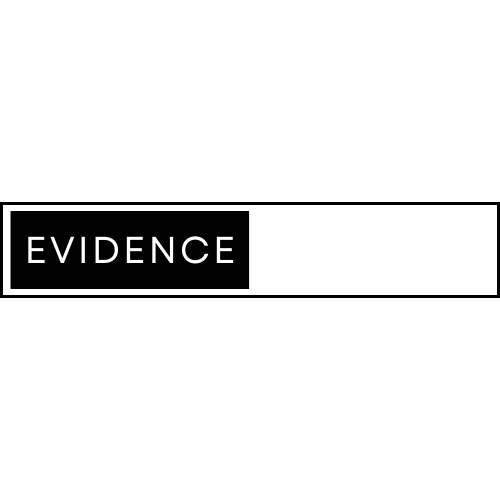Group Therapy Column
Tevya Zukor, Ph.D.

University Counseling Centers: Unaware of prognostic Mental Health Issues in Public Education
One of the things I deeply value about my work in higher education is that I often get the ability to interact with professionals from different realms than my own. A few weeks ago, I had the opportunity to attend a training about mental health issues that are prevalent in the elementary and secondary school systems. The training was conducted by a high school guidance counselor and a Safety Resource Officer – which is “fancy-speak” for a police officer who is stationed inside of a public school.
As a result of the experience, I got to interact with a number of high school teachers, counselors, and safety officials. A few things of note emerged but first I feel it necessary to say: While there are undoubtably and indisputably systemic and individual issues within many law enforcement communities, the majority of police officers that I have met are truly dedicated to making the world a safer place for the communities in which they serve. The officers at the training were motivated and committed to fostering the best learning environment for the students under their care. There are real issues with the types of work law enforcement is tasked with doing on a daily basis, but it seems important not to lose sight of the care and good-intentions that many, if not most, officers bring to their job every single day. While I will save my soapbox rant about necessary police reforms for another time and place, it was a reminder that sometimes one’s group-identity can cloud people’s perception of individuals within that group. It is okay to both have strong feelings about the role and values of police organizations, while also respecting the individuals that take an oath to dutifully serve society.
Another “group-theme” that emerged in the training was the overlapping and complimentary efforts between secondary education and higher education. I can admit that in my more shameful moments, I have been guilty of drawing a clearer and more distinct line than necessary between traditional “guidance counselors” and the psychologists and social workers that make up the majority of collegiate mental health. Because my identity has been tied to University Counseling Centers for almost 20 years, I have a strong affinity for higher education. But the training highlighted; sometimes in ways that likely speak more about me specifically than any generalized statement that would be applicable to the larger population, that, regardless of setting and specific training, all people in the helping professions tend to share a set of common values. I listened intently and with genuine interest as school counselors talked about struggling to assist children with acute mental health issues, such as anxiety, depression, and trauma. I commiserated with those who shared stories about needing to be the primary positive support for a student, especially when the child’s parents either chose or were forced by circumstance to be unavailable in the child’s life. I empathized with stories about helping a student who had been recently diagnosed with a serious mental health condition that was clearly interfering with both their academic and personal goals. Most of it is the same set of challenges that we confront regularly in higher education, just tailored to the high school level. The titles are different, as is the work environment; but we are all in the group of professionals assisting in the lives of students as best we can.
The final takeaway that was impactful to me, and hopefully to many others who proudly ply their trade of collegiate mental health, is that the problems currently emerging in the elementary, middle, and high school levels are a direct preview, and possibly the best prognostic indicator, of the challenges about the emerge at the higher education level. It was a reminder that while we may not all be in the same boat, we certainly share the same water and anything that can help children at an early age will likely make for a better college experience for those same students. In essence, we’re all in the same group, even if our work rarely directly overlaps. The community is larger than we know…and it’s nice to have a cohort, even if you don’t always see them.

